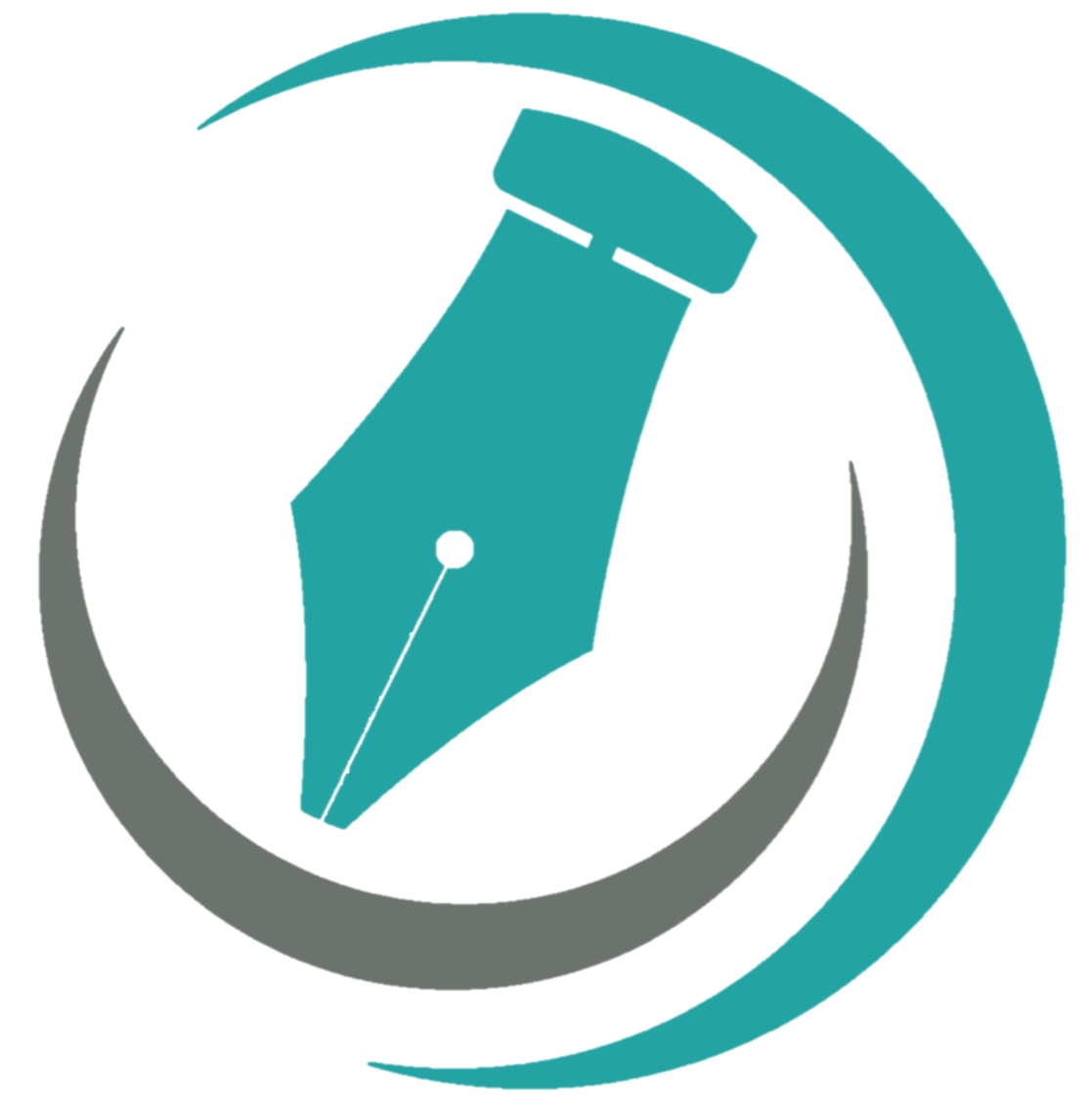3 Tips for Writing Self-Help Books That Resonate with Your Audience
When interviewing a potential self-help author as a client, I ask about their goal(s) for the book and their target audience. These two crucial aspects are essential to my role as an editor. I provide feedback on grammar AND effectiveness of reaching your audience.
Yet sometimes authors are unable to articulate either of these aspects with any degree of certainty. I won’t say that’s cause for concern, but it will definitely impact the efficacy of their message and the likelihood of achieving a goal.
I’m highlighting three tips for writing self-help books that connect and engage your audience. You have the expertise on a given topic, and people want that info. It’s important for you to be empathetic to your readers, understanding who they are and where they’re coming from. Then you can tailor your writing to their needs. Let’s jump in.
Tip #1 – Define and know your audience.
Many authors have told me that they want to write a self-help book that will help everyone. While I admire such an altruistic spirit, it often leads to issues with the book’s message, structure, length, etc. Specificity is better when you’re writing self-help.
Just like you have your preferences of what you like to read, so will your audience. And this is especially true when it comes to self-help books. The reader is coming to you with a specific problem. Most likely your goal is to help them resolve that problem through the wisdom you share in your book. This makes an audience analysis critical to writing an engaging and helpful book.
To define your audience, consider the goal(s) for your book and the problems you can help the audience solve. Then think about one reader and write your responses to the following questions:
What are their demographics?
What is their problem they’re trying to solve?
Where are they in their journey before reading your book?
Yes, humans are complex individuals. But defining and knowing this info will offer key insights so you can better target your audience. You’ll be more informed when choosing your book’s tone, verbiage, length, etc.
Tip #2 – Use anecdotes that express your shared humanity.
Self-help books can be really dry if you’re leaving out some personal touches. Too much instruction can be really disengaging, which means readers are likely to stop reading.
I’m not telling you to write a memoir as part of your self-help book. Memoir is its own genre and has its own goals. But you should include elements of memoir within your self-help book. This means weaving in anecdotes that resonate with the reader.
Typically a book’s introduction is a good place to explain how you came to write your self-help book. Yes, you need to establish your credibility, but you also need to be vulnerable and preview your journey that led you to writing the book. That’s the first point of engagement where the readers see themselves in your text.
Then you incorporate anecdotes throughout the rest of the book. Doing so will help your audience nod as they read, connecting them to the content and helping them see things from a new perspective.
Of course, readers’ life experiences could differ. But if they’ve experienced something similar to your anecdotes or they make new realizations, you’ve got them hooked. They’ll be ready to apply your wisdom and advice, taking action because they see what’s been possible for someone else.
Tip #3 – Watch your language.
No, watching your language doesn’t mean you need to avoid cursing. If that’s appropriate for your audience, go for it. This instead focuses on not making assumptions about what your audience knows—it’s important to avoid jargon or lingo.
Jargon and lingo pop up often in self-help or how-to books, especially when they feature somewhat technical topics. But part of connecting to your audience is knowing where they’re coming from.
You don’t need to be pedantic and have footnotes and definitions scattered across your pages. Just consider the key terms or concepts you’re presenting. You’re living the topic day-to-day or have prior knowledge. It’s likely that your help-seeking audience won’t, so help them out and add a quick explanation.
If you’re repeating a term often, consider revisiting the first use and adding a definition if you don’t have one already. This can be done quickly and seamlessly, teaching the reader and maintaining their focus on your message.
Knowing your audience is crucial to successful writing. Put yourself in your audience’s shoes and think about what they’re feeling and what they need. Then write to help them solve their problem(s) in that moment. This practice of empathy will connect you to the audience and engage them in ways you can’t yet imagine.
If you’re interested in editing services for your self-help book or how-to guide, connect with me (Val Cervarich) of Writing Help KC: writinghelpkc@gmail.com.

